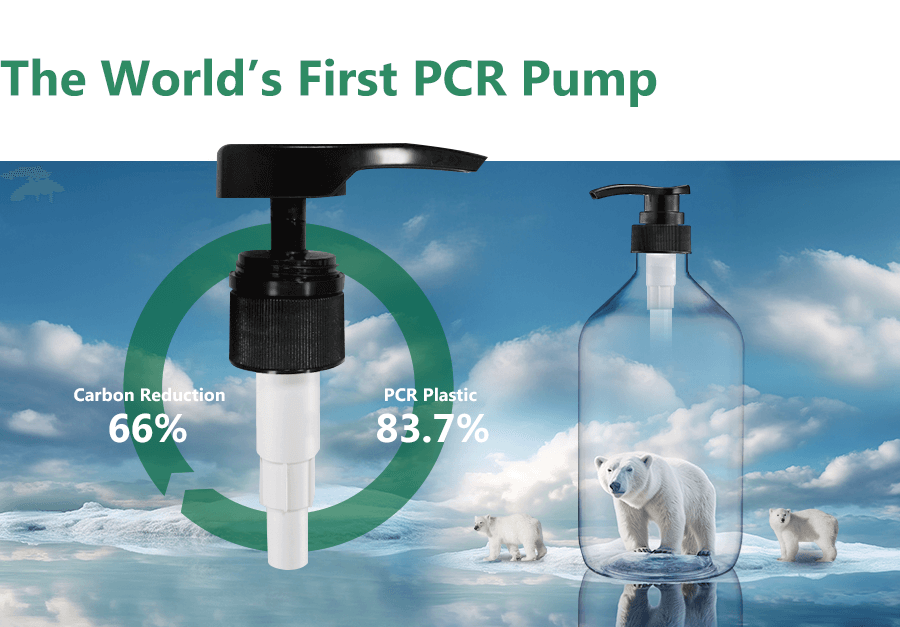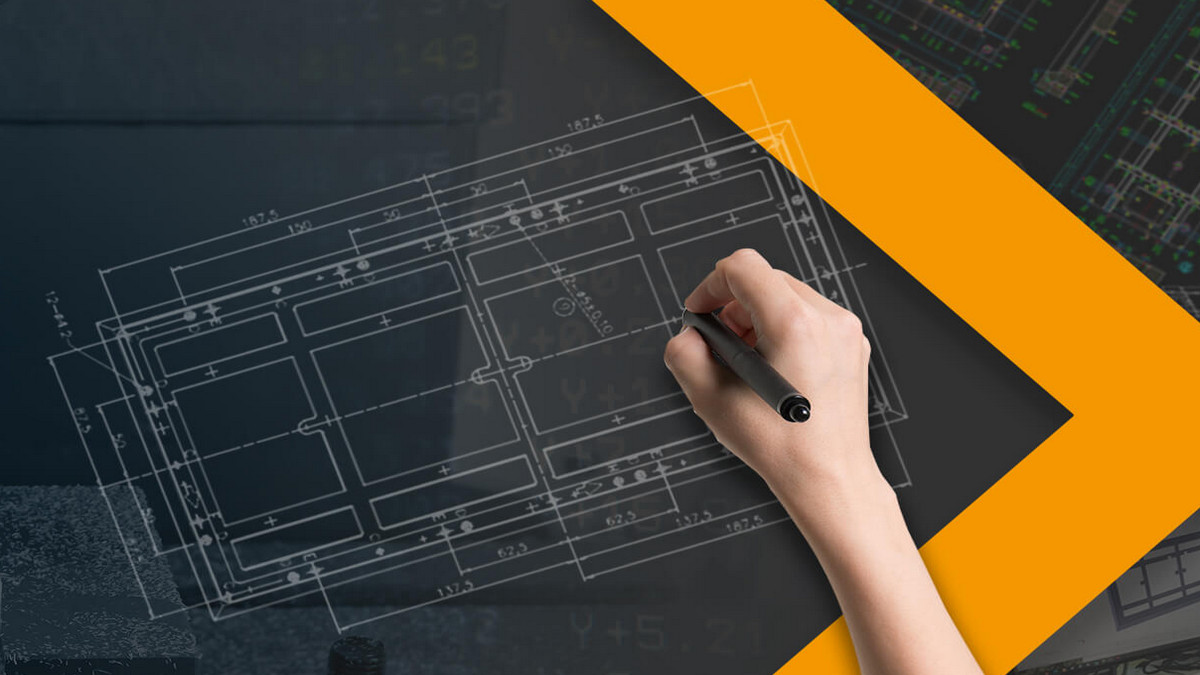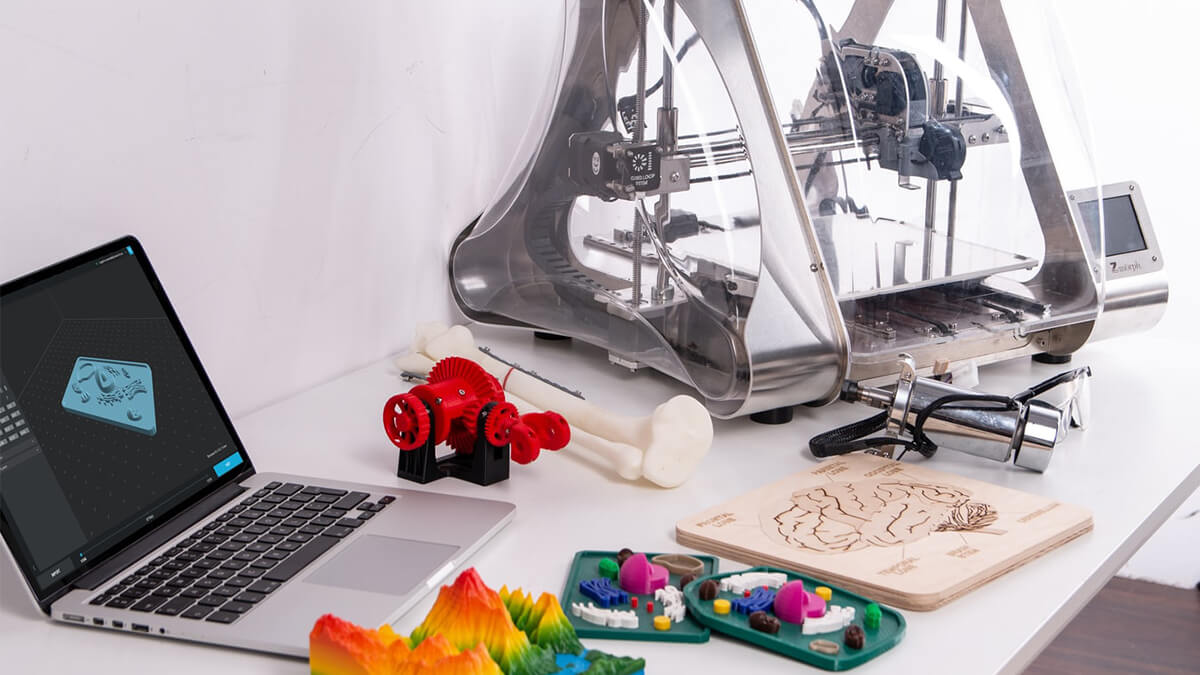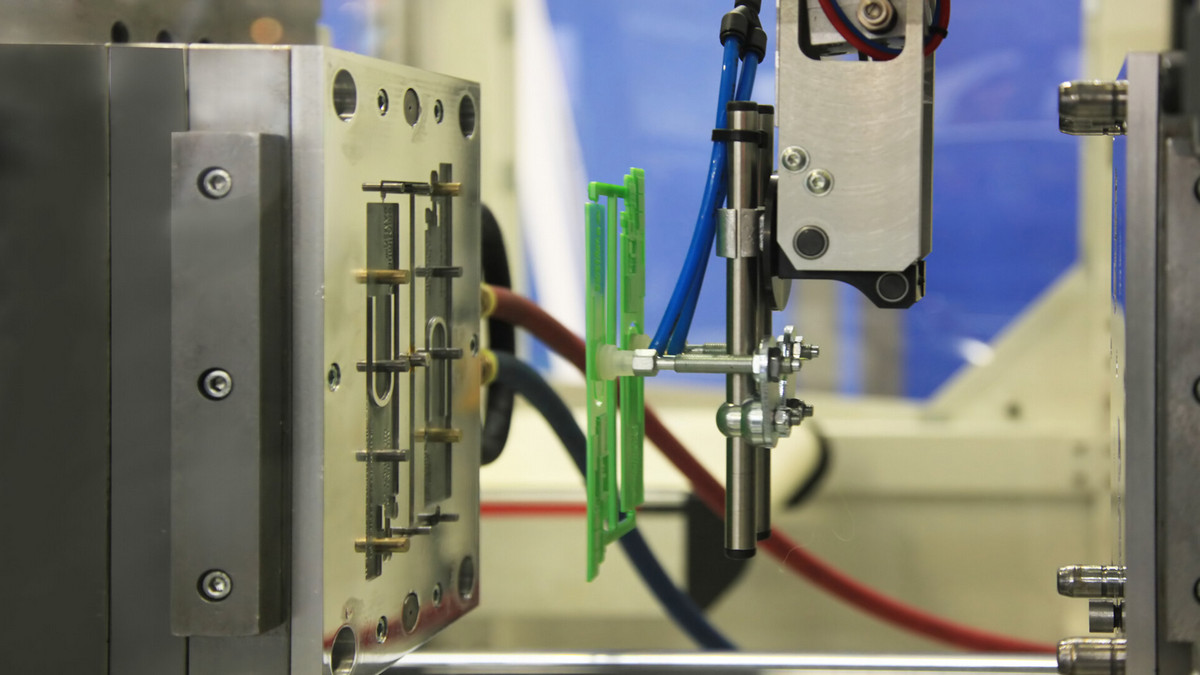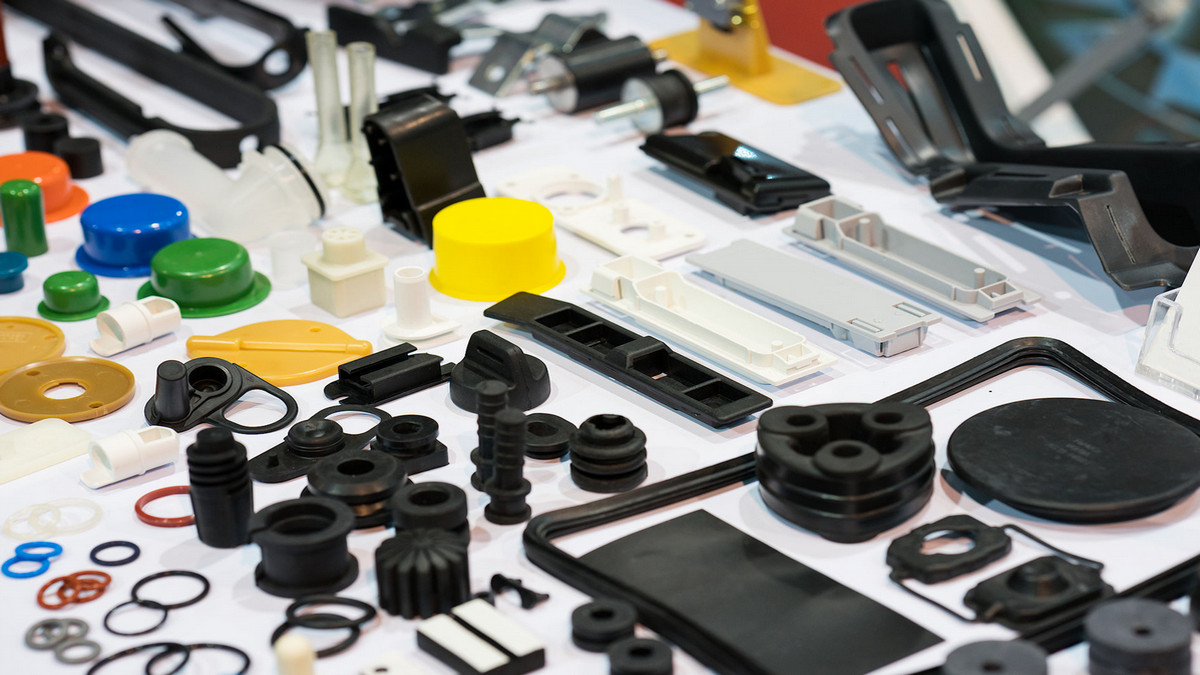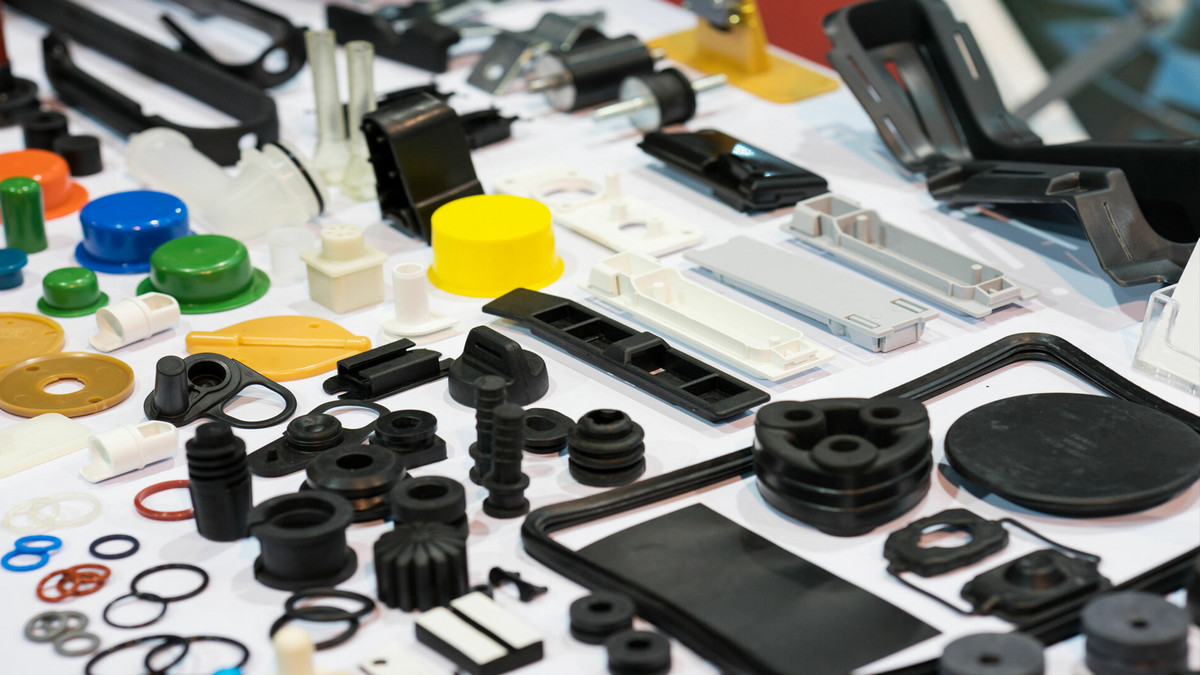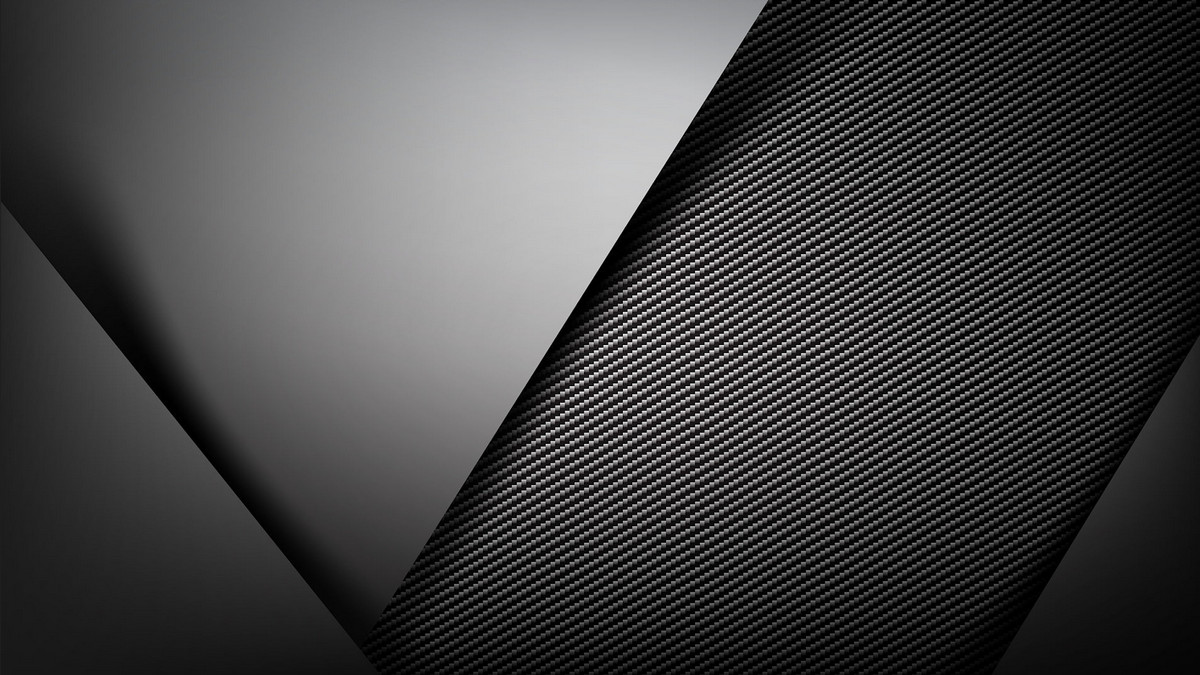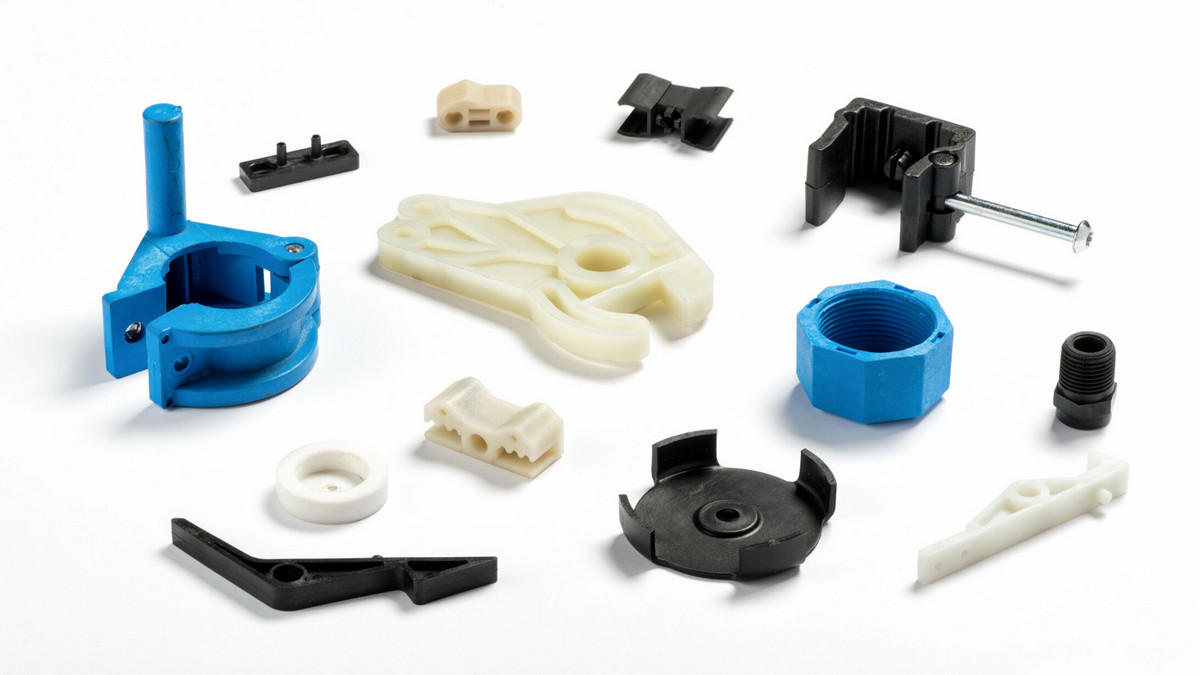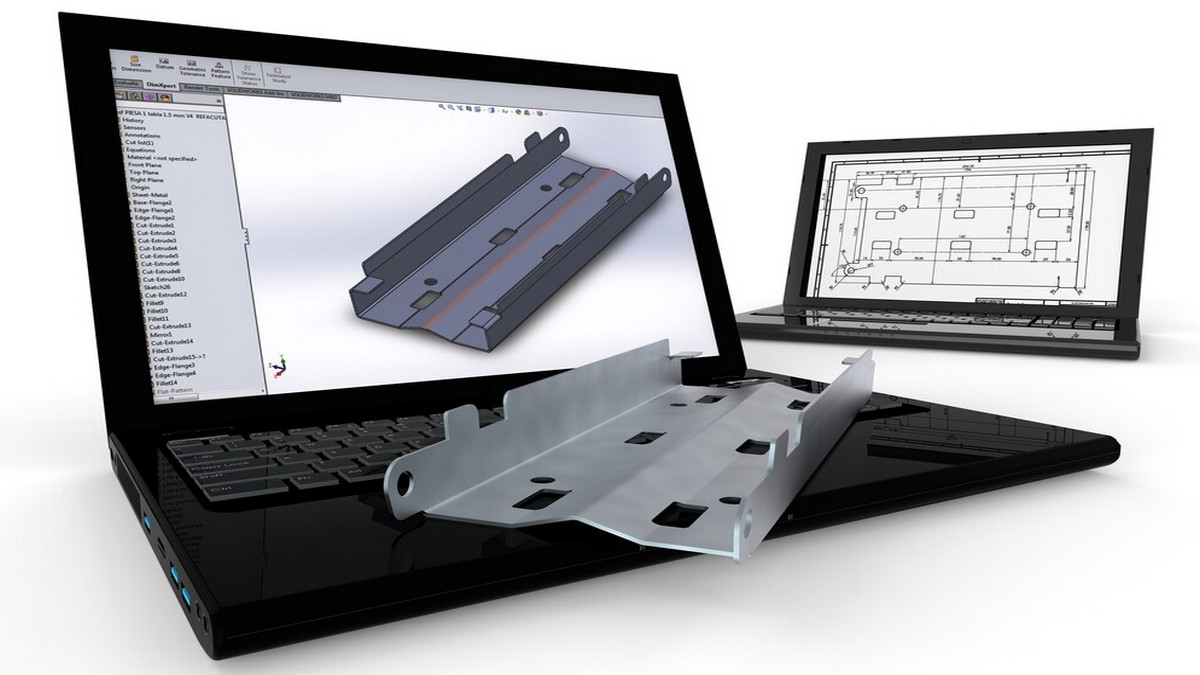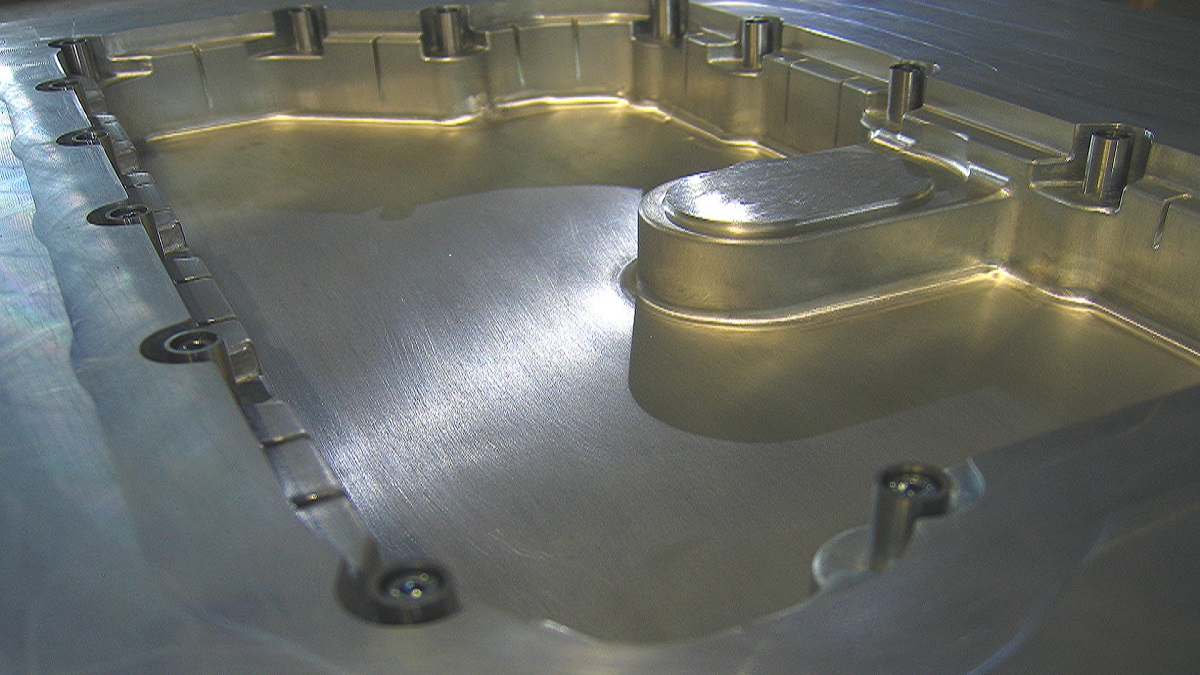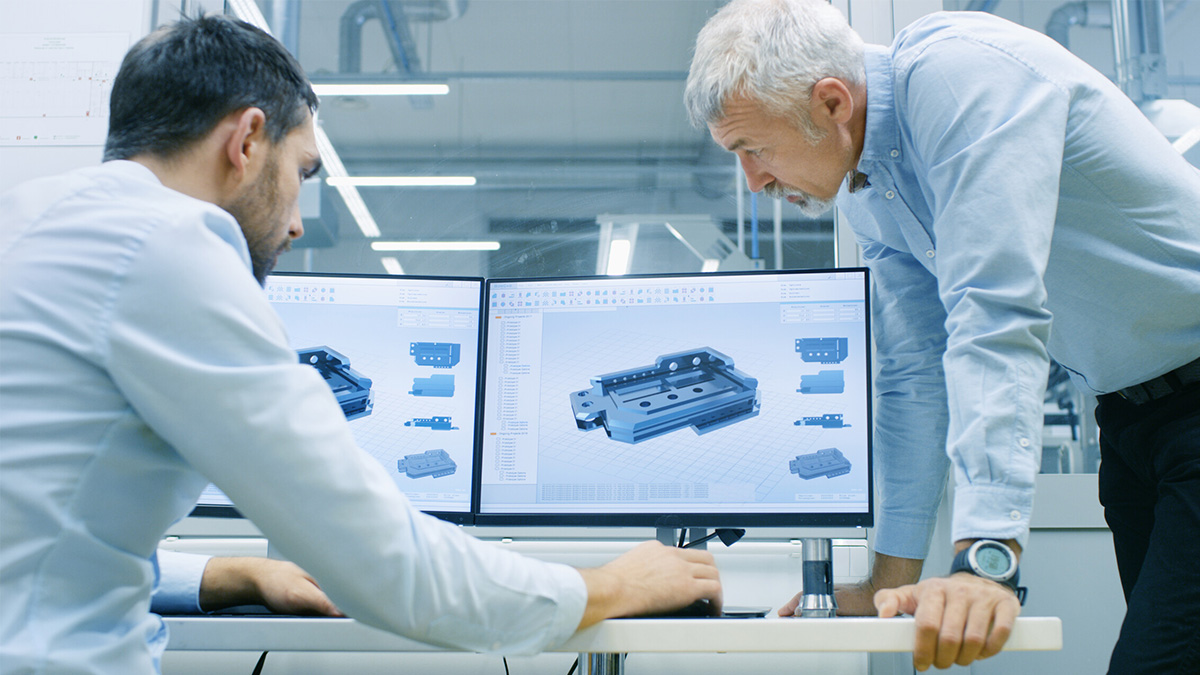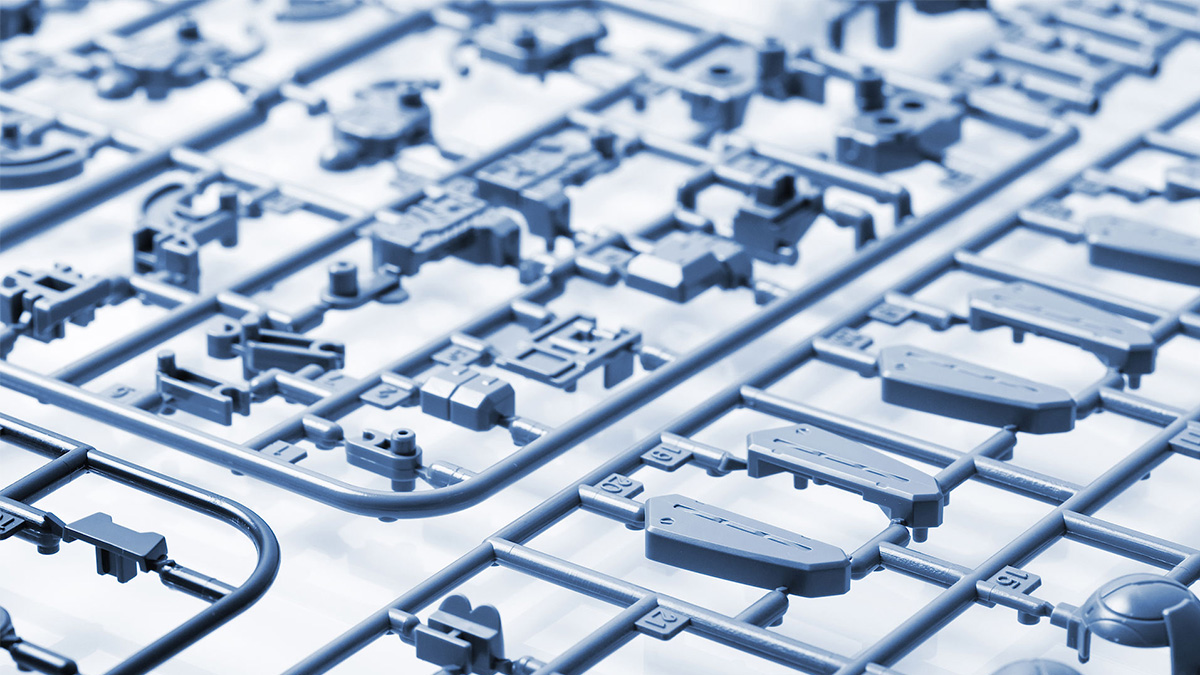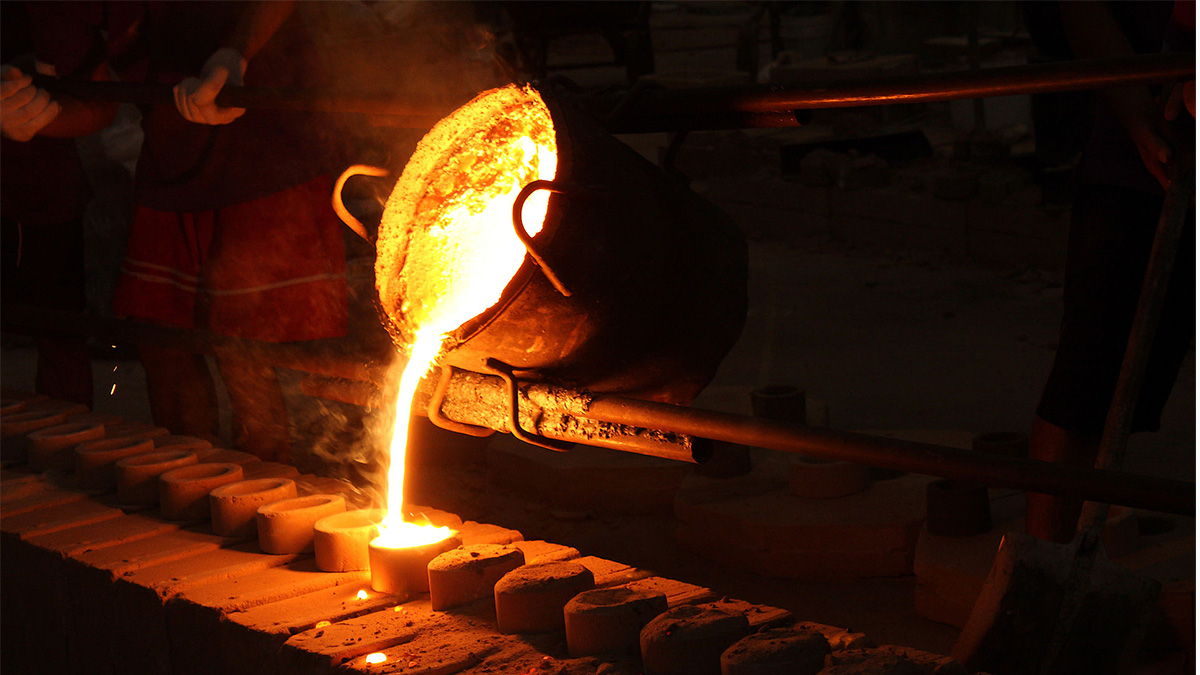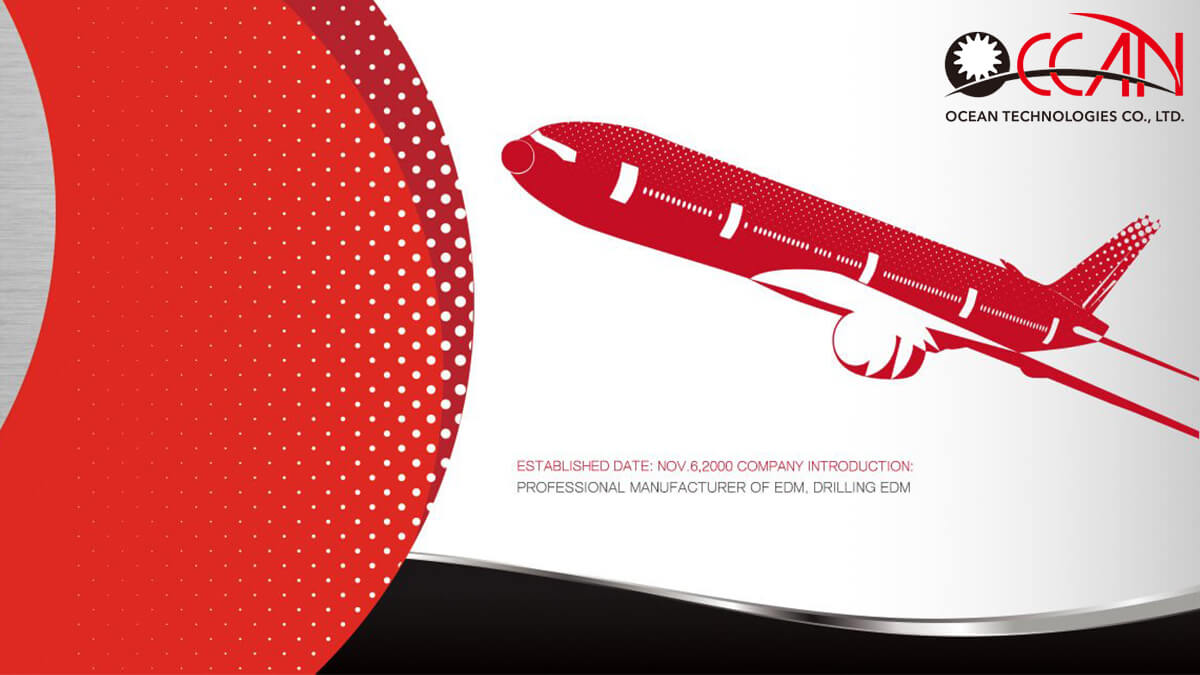- Showing results for
- Injection Molding
Founded in 1986 as Hsing Chia Enterprise, Chiakuan Industrial Co., Ltd. has accumulated over 36 years of experience in plastic injection molding and mold development. Since its reorganization and capital expansion in 1996, the company has adhered to the principles of integrity, reliability, and sustainable operation, offering a one-stop manufacturing service from mold design and precision molding to surface finishing and packaging — ensuring consistent quality and on-time delivery.
2025-08-12 10:53:10
In the context of the global manufacturing industry's ongoing transformation and upgrading, plastic injection molding has become an indispensable link in the supply chain and a key factor for brands to create product differentiation and seize market opportunities. Since its establishment in 1974, Shin Fang Plastic Industrial Co., Ltd. has leveraged over fifty years of industry experience to offer diverse plastic part solutions from product design to mass production, helping customers capture market advantages. This article delves into Shin Fang’s core values in injection manufacturing, customization capabilities, and its new approach amid smart manufacturing and sustainability trends, demonstrating its solid strength as a leading OEM/ODM plastic part manufacturer.
2025-08-07 16:25:22
Since the United Nations announced the 2030 Sustainable Development Goals (SDGs) in 2015, Living Fountain has adopted Goal 12 — Responsible Consumption and Production — as its core mission. By utilizing Post-Consumer Recycled (PCR) materials, the company aims to reduce the burden on the planet, decrease the production of virgin petrochemical plastics, promote industrial circularity, and work persistently toward the goal of carbon neutrality.
2025-07-25 15:15:53
For companies seeking a trusted and innovative plastic injection manufacturer, the importance of high-quality and reliability cannot be overstated. These products, used in various industries such as automotive, kitchenware, medical equipment, sports equipment, agricultural machinery, and toys, play a crucial role in the production and functionality of numerous items we encounter daily. With over four decades of expertise, YHY is well-equipped with fully automated, state-of-the-art production lines to meet the diverse needs of its global clientele.
2024-09-26 11:24:40
For over 36 years, Jia Kuan Enterprises Co., Ltd. has been at the forefront of the plastic injection molding industry, providing high-quality and innovative solutions to clients across multiple sectors, including automotive, medical devices, consumer electronics, and more. Based in Taiwan, Jia Kuan has become a trusted partner for companies worldwide looking for reliable, cost-effective, and advanced plastic injection molding services.
2024-09-24 11:15:17
As the utilization of 3D printing expands across the broader spectrum of industrial manufacturing, the significance of this technology extends beyond its role as a rapid prototyping tool. This article provides an overview of the applications of 3D printing in the fabrication of molds and dies for processes such as injection molding and die casting.
2023-11-24 14:52:44
Do you know how the plastic products are made in our daily living? Bottle caps, bowls, auto parts, etc. Many of the plastic products that are common in life are injected by injection molding machines. When it comes to injection molding machines, many people should have no idea in their minds. Injection molding machines can manufacture limited to plastic products. In this article, we sort out the common injection molding machines with the different characteristics of different models? Let's take a look at the following.
2022-12-21 14:32:48
Molds are very important to the plastic injection industry. There may be hundreds of sets of molds in a factory, and molds in good condition must be used during production to ensure production quality. In order to be able to grasp the status of the mold at any time, how to manage the mold systematically? The two mechanisms of "Mold Common Modeling Mechanism" and "Mold Management Process" can be used to systematically grasp mold information and achieve the purpose of mold management.
2022-12-07 16:17:42
In recent years, customer orders and industrial demand have come and gone faster. Coupled with the impact of the epidemic, changes in orders are more difficult to grasp. At this time, what the manufacturing industry can control itself is all kinds of internal management. Only by doing a good job of management can we be able to respond to various changes at any time. From the perspective of mold management, what important information needs to be controlled?
2022-12-07 16:00:46
Carbon fiber composite materials need to be processed using a molding process from prepreg to the final part. With the development of carbon fiber technology, the molding process of carbon fiber composite materials is also constantly improving. However, various molding processes of carbon fiber composite materials do not exist in the way of updating and eliminating, and often a variety of processes coexist to achieve the best effect under different conditions and different situations.
2022-11-02 13:56:04
Powder injection molding (PIM), including metal injection molding (MIM) and ceramic injection molding (CIM), is a one-shot molding technology that combines high throughput and high precision. This technology has been widely used in many industries to produce various precision parts.
2022-10-25 13:16:05
A pair of molds is composed of an upper mold and a lower mold. The male die is a concave die, also known as the upper die. The design of the male mold is very important, and the structural characteristics of the female mold itself change with the structure of the product and the processing method of the mold, which is flexible.
2022-08-12 09:21:10
An injection mold is a tool for producing plastic products; it is also a tool for imparting complete structure and precise dimensions to plastic products. Because the production method is to inject the plastic melted at high temperature into the mold through high pressure and mechanical drive.
2022-08-08 10:51:59
Injection molding machines, also, simply known as injection machines, are special machines for manufacturing plastic products. There are many types of injection molding machines, and they can be classified according to their power mode, mold opening and closing direction, applicable raw materials used, mold clamping structure, and injection structure.
2022-06-28 16:58:53
Many people do not understand what a mold is. A mold (sometimes called a mould) is a block of material with a hollowed-out cavity that has a shape cut into sides of the cavity. Liquid or pliable material is pushed into the cavity where it adopts the shape of the hollowed out section. After the liquid hardens or sets inside the mold, or the pliable material has been pressed into the shape of the mold, the item is removed from the mold. Molds are made from a variety of materials, such as metal, clay, or wood, and can be used to form items out of many types of materials such as plastics or metals.
2022-05-24 13:57:56
Thermoforming or vacuum forming is a common method of processing plastic materials, and vacuum formed products are ubiquitous in daily life. The process involves heating a plastic sheet until soft and then placing it over a mold. A vacuum then draws the soft sheet into the mold. The sheet is allowed to cool and is then removed from the mold.
2022-05-04 09:30:12
Plastic products are very common in our daily lives. Cases for computers, mobile phones and electronics, daily household items, storage containers, automobile panels, furniture etc. are nearly all made of plastic. The method most often used to produce these products is a process called plastic injection. This article will address some of the key points that need to be taken into consideration during the plastic injection molding process, and what processes are required for injection molding.
2022-04-25 11:31:30
Hot runner technology is an advanced technology being applied to the runner systems of plastic injection molds. Hot runner process are still in the development stage of plastic injection molding technology.
2022-04-25 10:48:52
The discipline of tooling design is fundamental to manufacturing. The cost of manufacturing and of the end product depends heavily upon tool design.
2020-10-16 14:42:42
Aerospace components must guarantee personnel safety and facilitate the optimal performance of high-precision instruments and machines.
2020-07-23 15:21:41
Agree



